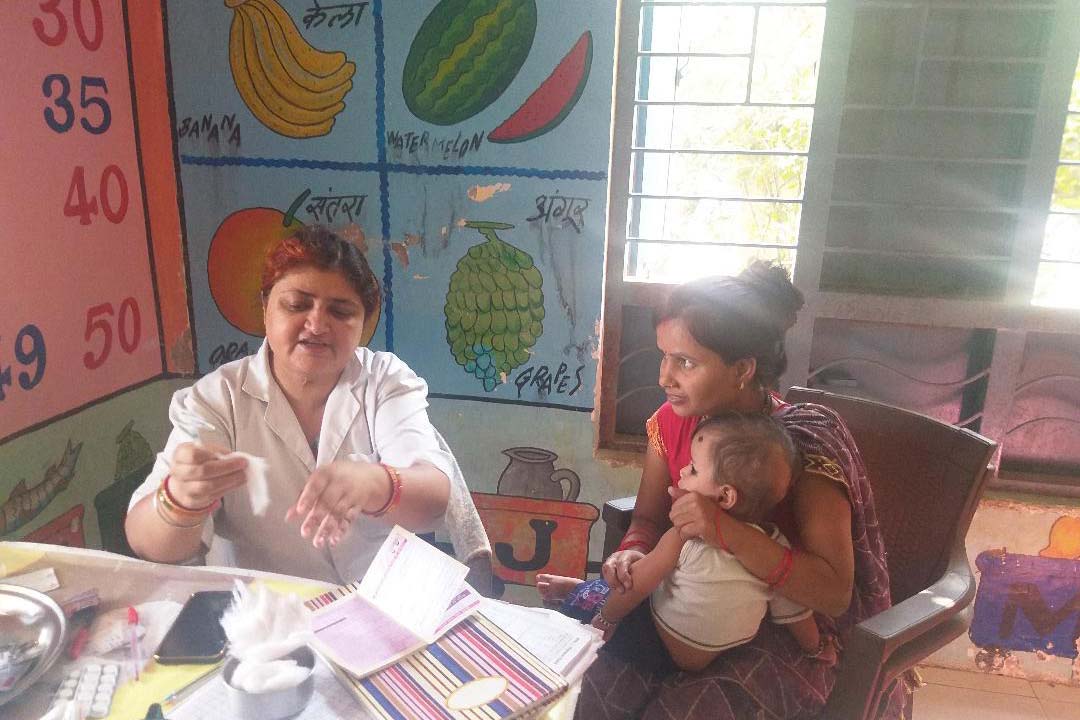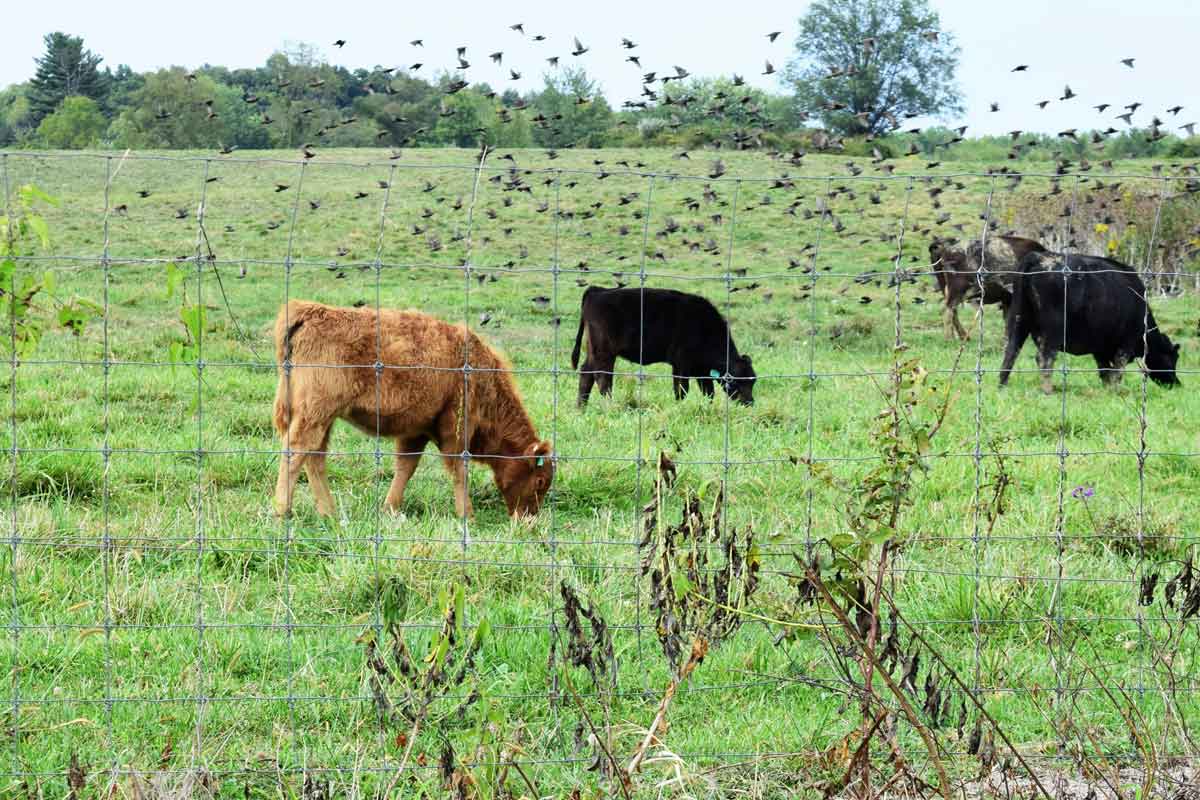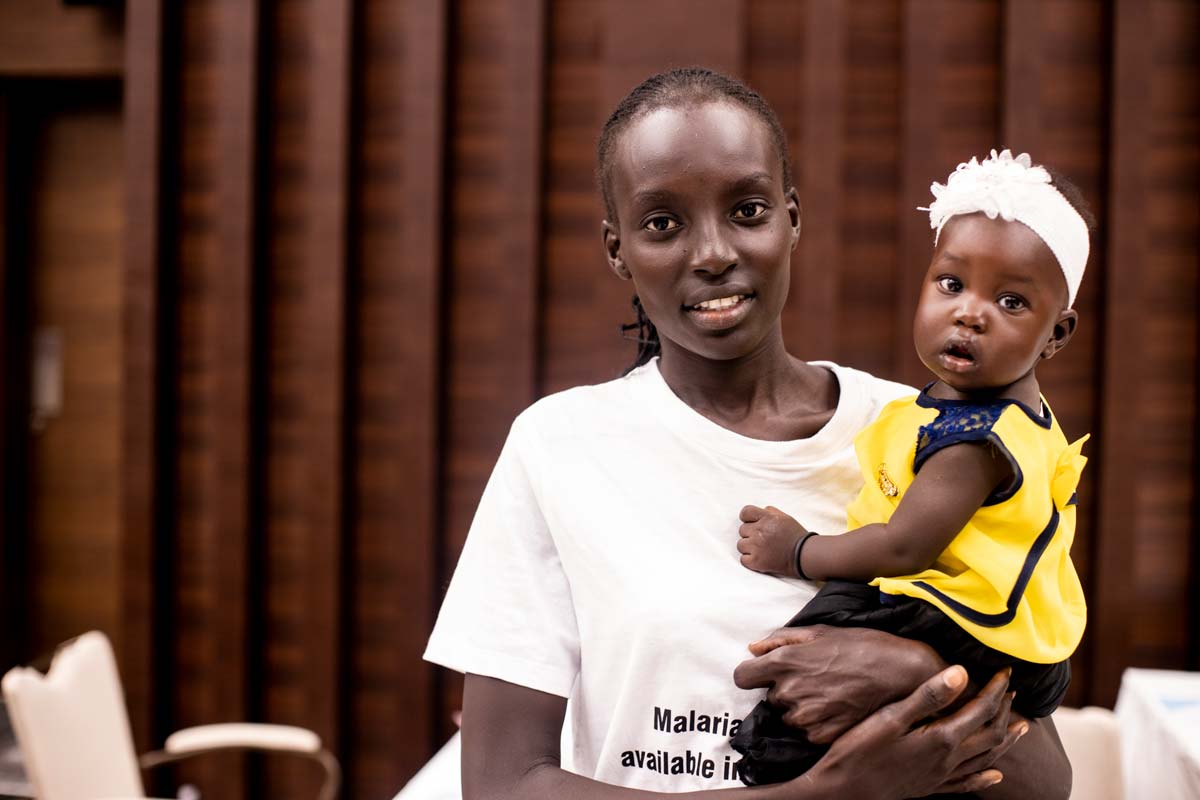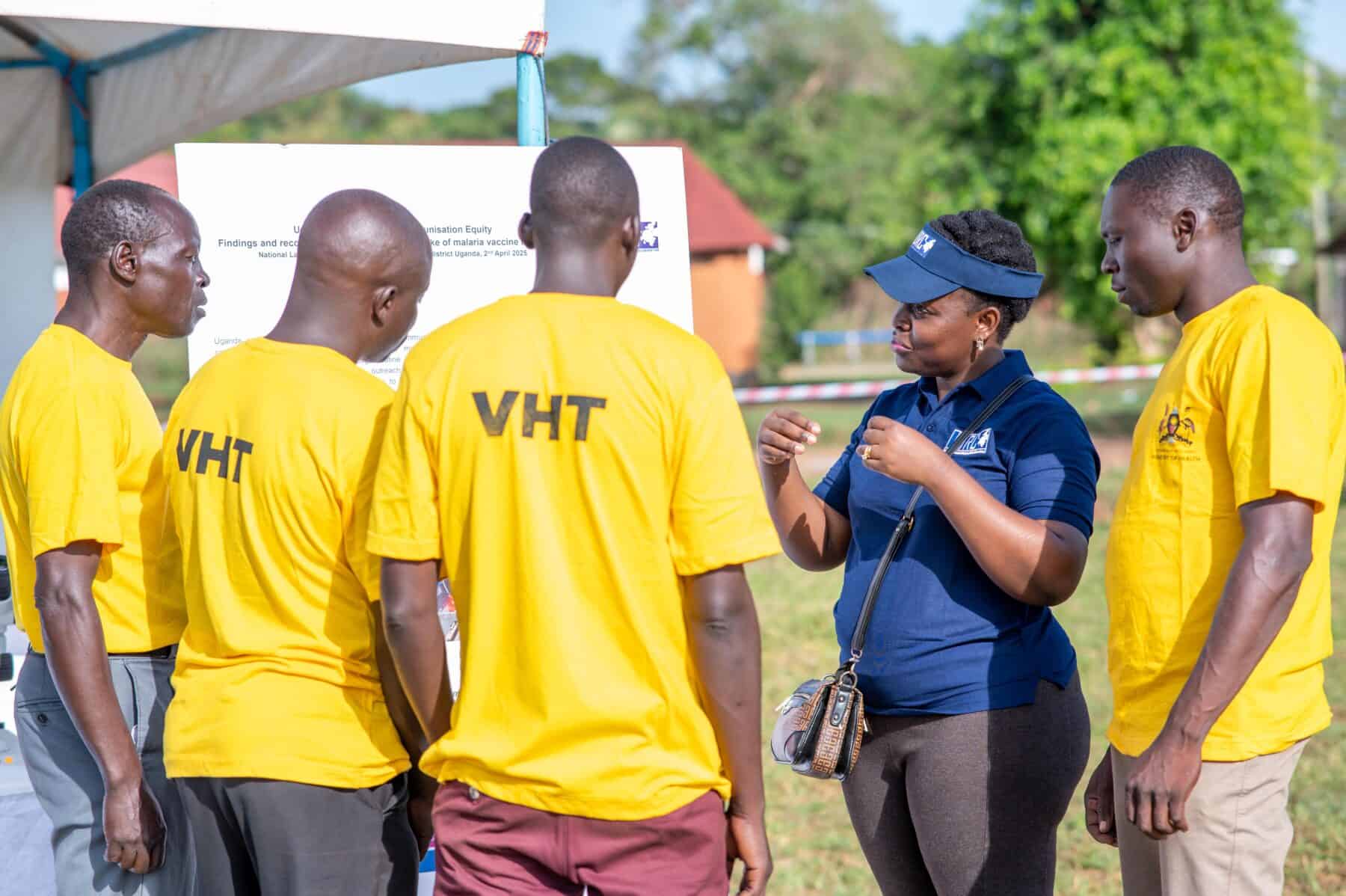Why Madhya Pradesh in India made vaccinators a regular presence on school campuses
With the threat of vaccine-preventable diseases including diphtheria appearing to rise, the central Indian state has designated Thursdays "vaccination day" in schools.
- 8 January 2025
- 4 min read
- by Shuriah Niazi
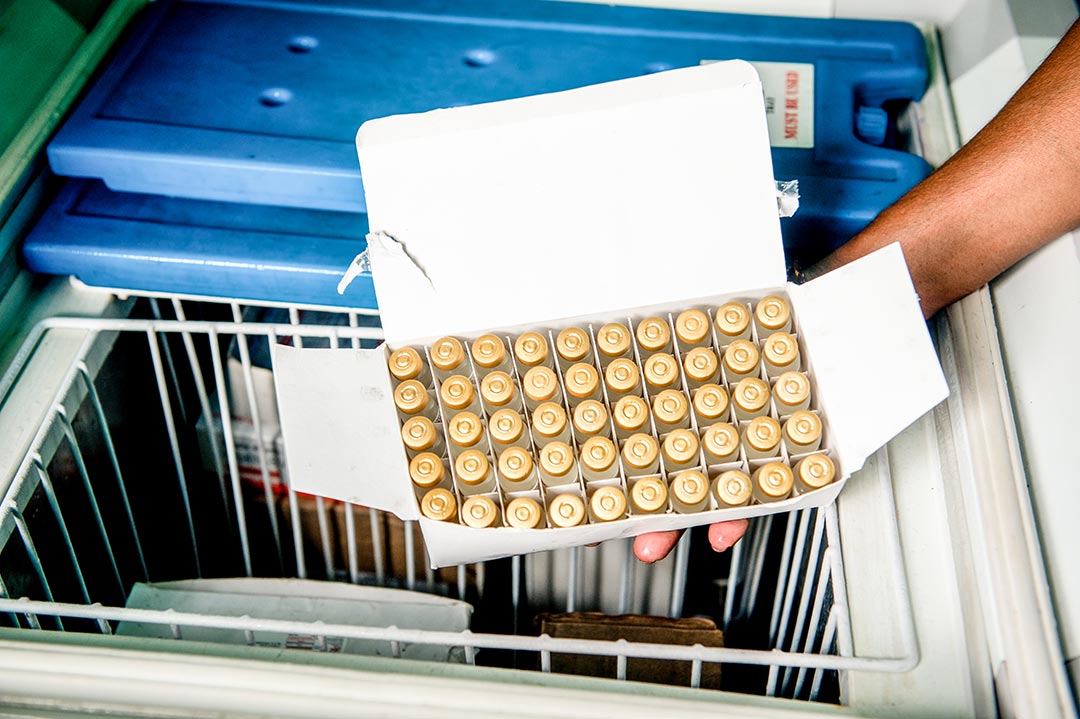
“There’s no need to worry, you won’t feel any pain at all. Look, dear – these children around you are also getting vaccinated,” said Bhavna Dubey to her worried daughter.
Nearby, another child, ten-year-old Vansh Nagwani, pressed one hand to the site of the injection on his upper arm, and pronounced courageously that he had felt no pain at all.
Every last child
St Joseph’s Co-ed School, an upscale private institution in Bhopal, the state capital of Madhya Pradesh in central India, was just one of many educational establishments playing host to a government-led push to catch children up on basic vaccinations and plug any gaps in the collective safety net of herd immunity.
“Vaccinating children in school is easier because the presence of their friends and other children alleviates their fear,” remarked Auxiliary Nurse Midwife (ANM) Shahida Bano, an experienced vaccinator. “Each child wants to appear stronger than the other, which makes it easier for us to do our work.”
On the other side of the city, in the town’s old quarter, the Integrated Government Secondary School Bijisiya presented quite a different picture. Most of the children enrolled here come from underprivileged communities. But here, too, the vaccinators had set up an outpost.
ANM Sonam Khanvi thought of her work here as especially impactful. Parents of children at this school, she explained, work in lower-paying jobs and are less likely to be highly educated themselves, which tends to add up to a lower level of awareness about vaccination.
In June 2024, 6 children in the state of Odisha, adjoining Madhya Pradesh, succumbed to diphtheria, while another 15 children were diagnosed with the disease.
“Our goal is to ensure that no child misses out on vaccinations. That’s why we have returned to this school for a second time, as some children who were left out still need to be vaccinated,” she explained.
Ward Supervisor (Health) Sanjay Tiwari said that there were 30 schools in his area, and vaccination sessions had been organised in all of them. If any child had been missed, he affirmed, the vaccinators would return to provide the necessary vaccinations.
Jabs in schools
Beginning on 8 August 2024, vaccination sessions against tetanus and diphtheria were being conducted in schools across Madhya Pradesh each Thursday.
On these government-directed “school vaccination days,” vaccines to protect against diphtheria, pertussis and tetanus are administered to students of the 1st, 5th and 11th grades.
In Madhya Pradesh, there are about 120,000 government and private schools, with around 2,900,000 children eligible to receive vaccinations. By the start of December, a total of 616,000 children had received vaccinations across the entire state.
Madhya Pradesh Deputy Chief Minister Rajendra Shukla said that the government was aiming for “comprehensive immunisation” in order to protect children from deadly diseases.
He said, “Similar to the campaign conducted for polio eradication, we aim to achieve cent-percent [100%] diphtheria immunity among children to ensure their health and well-being.”
Have you read?
Dr Santosh Shukla, the State Immunization Officer for Madhya Pradesh, said that the decision to take preventive measures was prompted by reported cases of tetanus and diphtheria in other states. The aim is to prevent any increase in cases within Madhya Pradesh, he said.
Dr Shukla explained, “Tetanus is a serious bacterial disease, and the vaccine is the only effective means of prevention. The infection typically enters the body through a wound, leading to pain and stiffness in the muscles, particularly in the jaw and neck. Throughout my career in the state, I have come across patients suffering from this condition, which is why we prioritise prevention.”
He also discussed diphtheria, describing it as a potentially fatal infectious disease characterised by a white, shiny membrane that forms on the lining of the throat and around the tonsils. Diphtheria can lead to severe complications such as difficulty in breathing, cardiac arrest, paralysis and even death.
“The suffering caused by such outcomes is significant, which is why vaccination is crucial,” he stressed.
Outbreaks point to immunity gaps
A report published in 2024 by the World Health Organization (WHO) and UNICEF reveals that 1.6 million children in India missed crucial vaccinations for diphtheria, pertussis, tetanus (DPT), and measles in 2023.
India ranks second, behind Nigeria, in the list of countries with the highest number of unvaccinated, or ‘zero-dose’, children.
Dr Shukla remarked that in years past, diphtheria primarily affected children under the age of five. The diphtheria vaccine – packaged either into the three-part DPT vaccine or the five-part pentavalent vaccine – is scheduled for administration in a three-dose series by the age of 14 weeks in order to protect this most vulnerable age group. However, cases of this disease have now surfaced in various regions of the country, affecting children as old as 15 to 16 years.
In June 2024, 6 children in the state of Odisha, adjoining Madhya Pradesh, succumbed to diphtheria, while another 15 children were diagnosed with the disease.
The National Health Profile (NHP) reported that in 2022, India recorded 516 cases of tetanus, resulting in four deaths. Additionally, in the same year there were 1,989 cases of diphtheria, with two deaths attributed to the disease. The National Health Profile is published annually and compiles health-related data for the Ministry of Health.
